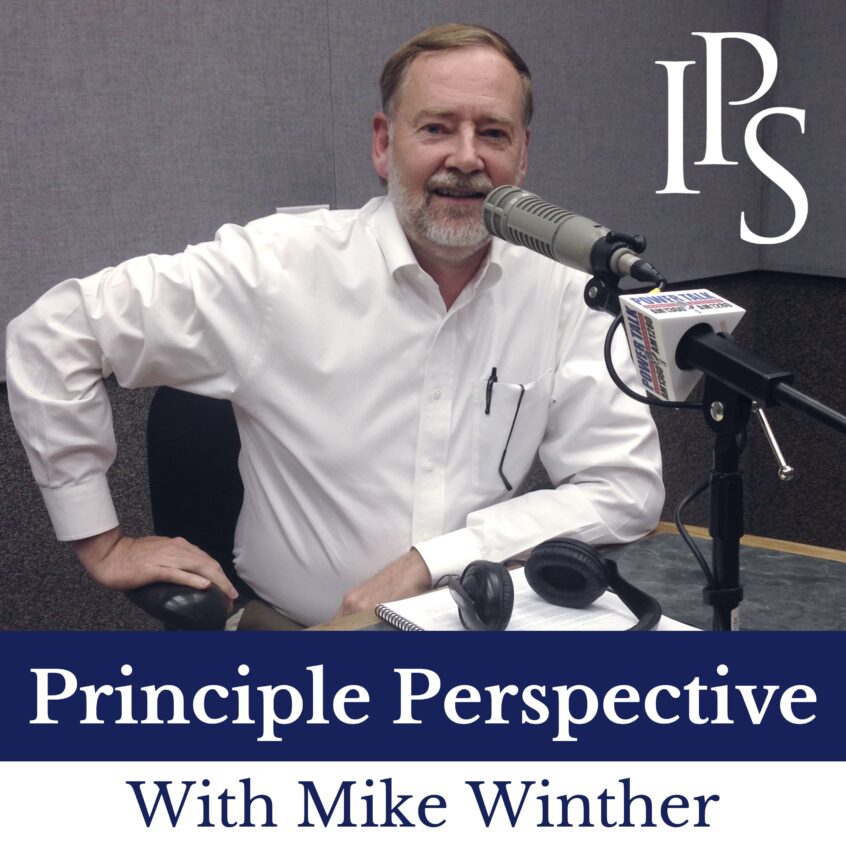LISTEN NOW
Mike Winther continues his conversation from last week about charity, highlighting God’s plan for generosity and the importance of sharing. He differentiates between God’s model of voluntary charity and the concept of forced charity, such as Marxism, which he claims is not genuine charity. He compares the government’s approach to God’s model, beginning the episode by referencing scriptural passages that outline God’s vision.
Mike also examines God’s “safety net,” which includes working, helping one’s family, and seeking support from the church. Another critical topic he dives into is the church’s role in charitable work. He references passages from “Bringing in the Sheaves” while discussing the ongoing struggle against poverty. Additionally, he touches on the enumerated powers of the federal government and how states contribute to defining these powers. Ultimately, he brings all his teachings back to biblical principles, emphasizing their importance over government policies.
You’ll Learn:
- [00:41] James 1:26 talks about pure and faultless religion and caring for widows and orphans. 1st Timothy 6:17 talks about the same.
- [02:44] The idea of being willing to share is God’s plan.
- [03:04] 2nd Thessalonians 3:10. If man will not work, he shall not eat.
- [04:23] 1st Timothy 5:7 is about providing for your relatives.
- [05:00] God’s safety net is you work, and you take care of your family.
- [05:34] There are three layers to God’s “safety net” including individual hard work, family, and the church.
- [06:22] Ezekiel 16:29 The first sin is not helping the needy.
- [07:39] Taking care of the poor and needy is a Christian mandate.
- [07:54] Charity. 1. Giving to those with real need. 2. Giving voluntarily. 3. Giving out of love.
- [09:37] If Christians do charity correctly, Jesus and the church get the credit.
- [12:02] Institutions and mechanisms for charity. Self-reliance. Family. Church. Other voluntary non-Christian organizations.
- [13:00] Who gets charity? The widow, orphan, alien, and disabled.
- [13:50] Charity should be voluntary, local, and glorifying to God.
- [16:23] The war on the poor. LBJ declared a war on poverty in the 1960s. The alm’s race had begun.
- [20:10] Presidents suggest spending Congress approves the budget. We can’t collectively lump all the spending in one group or another.
- [22:54] The Deacon role is to take care of the Widow, orphan, and alien.
- [24:16] The states enumerate powers that they gave to the federal government.
- [26:48] Davy Crockett was a member of the US House of Representatives.
- [34:12] Redistribution frequently takes from people who are worse off than the ones getting the distribution.
- [37:25] The power of the truth of Christianity.
- [40:02] Providing charity is a difficult task.
- [42:05] The concepts of this class build each week and weave together like a fabric.
- [49:00] There’s a battle over who provides the charity. As a church, we need to contend with that.
Your Resources:
- Books to browse
- Biblical Principles of Government (1a)
- Biblical Principles of Government (1b)
- Biblical Principles of Government (2a)
- Biblical Principles of Government (2b)
- Biblical Principles of Government (3a)
- Biblical Principles of Government (3b)
- Biblical Principles of Government (4a)
- Biblical Principles of Government (4b)
- Biblical Principles of Government (5a)
- Biblical Principles of Government (5b)
- Biblical Principles of Government (6a)
- Biblical Principles of Government (6a)
- Biblical Principles of Government (7a)
- Bringing in the Sheaves

